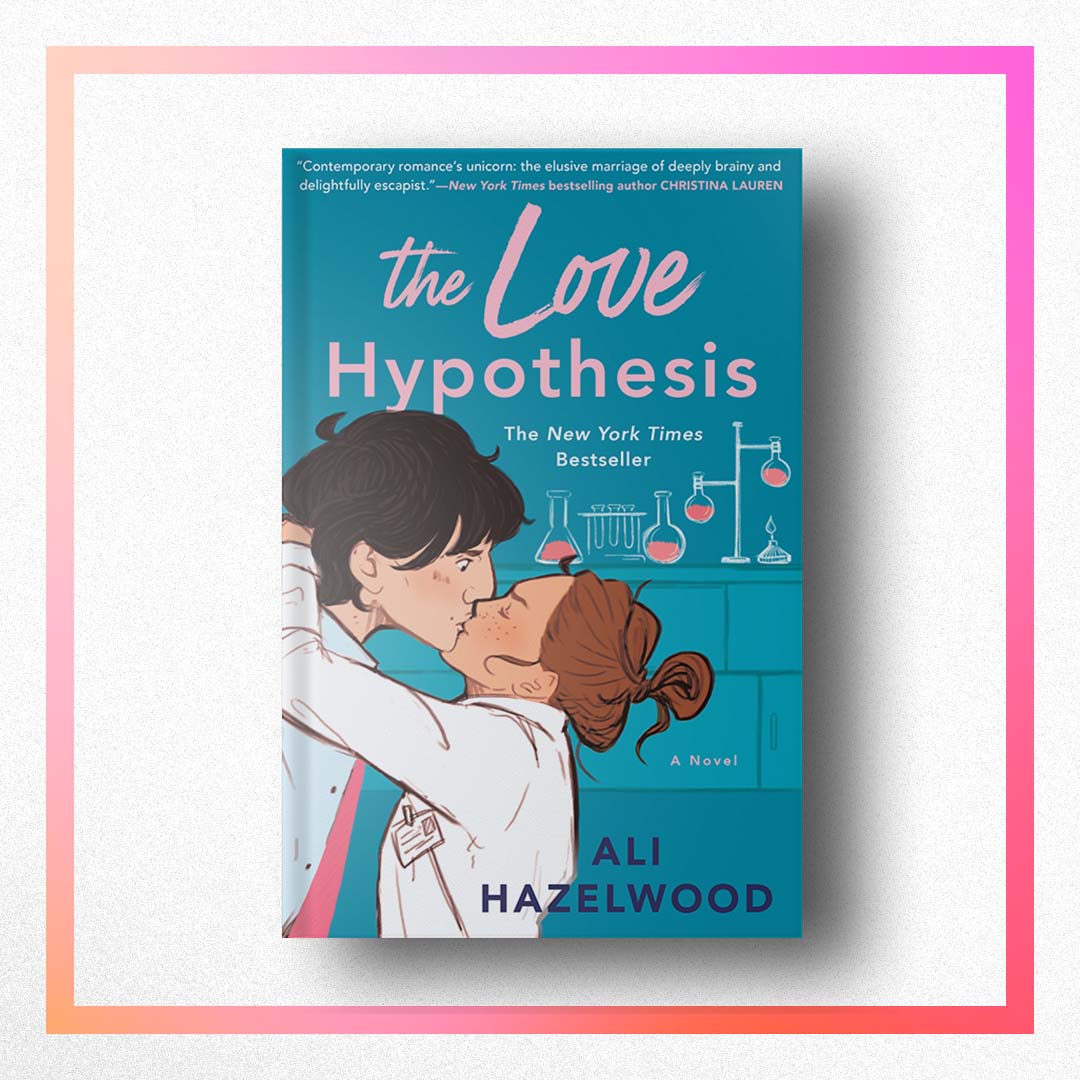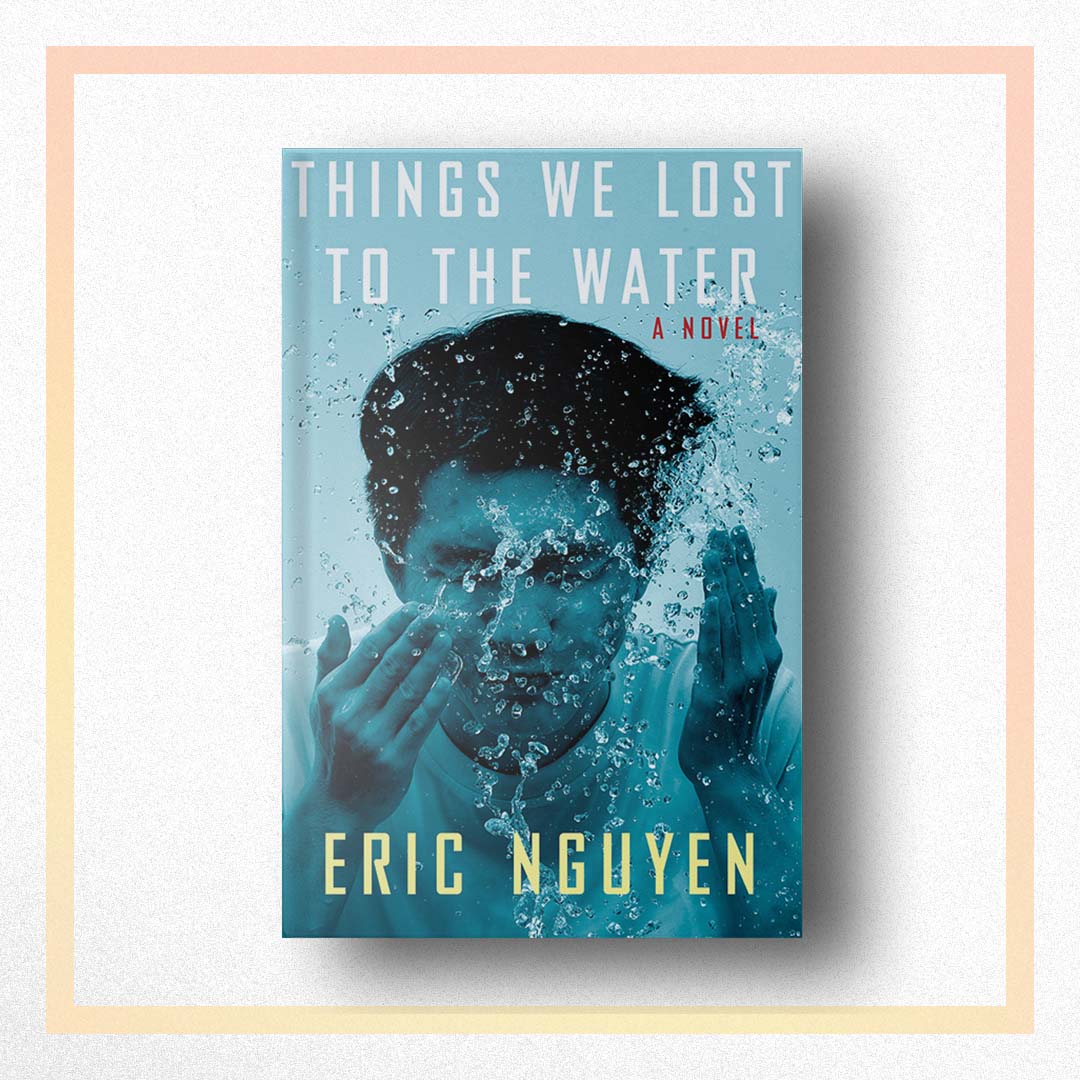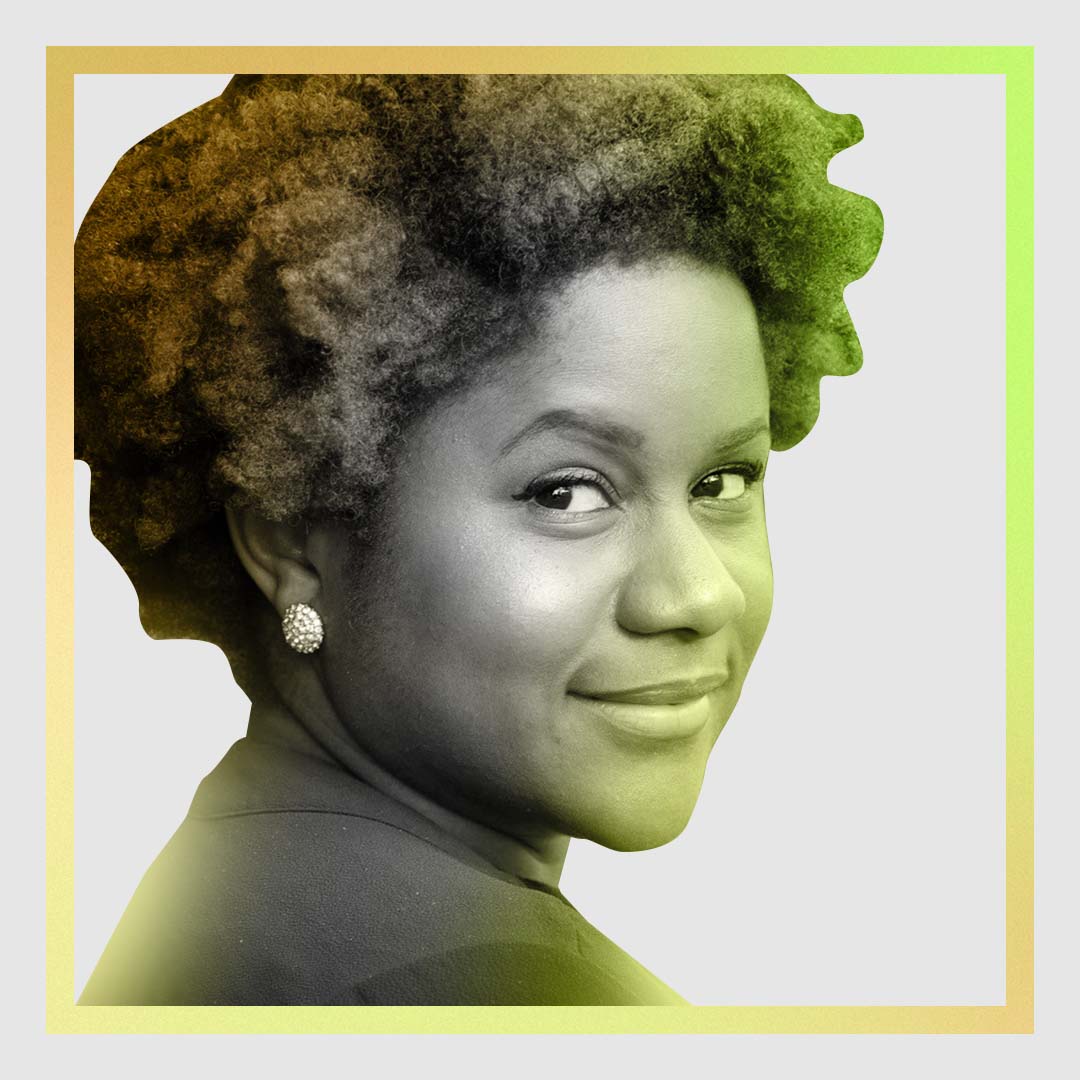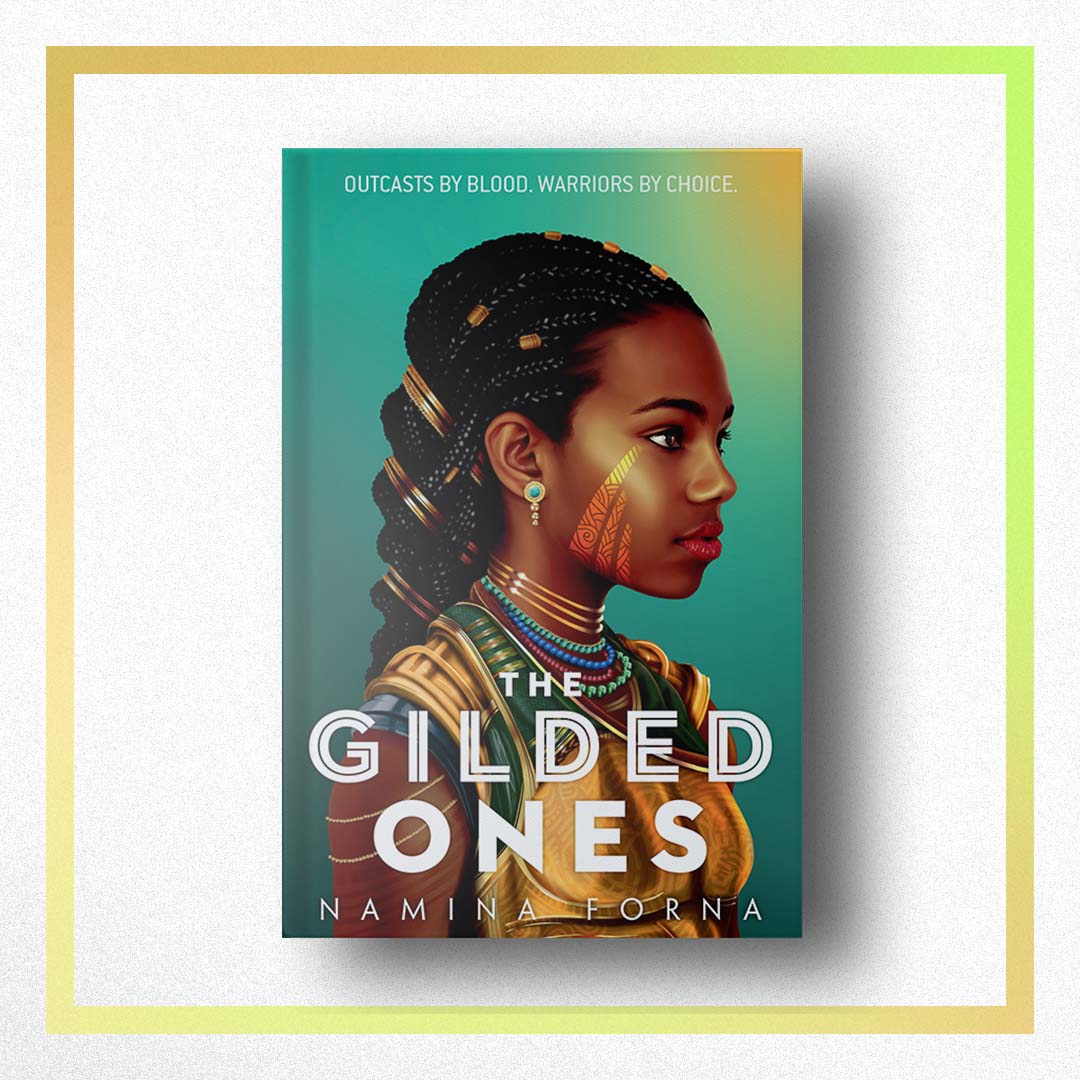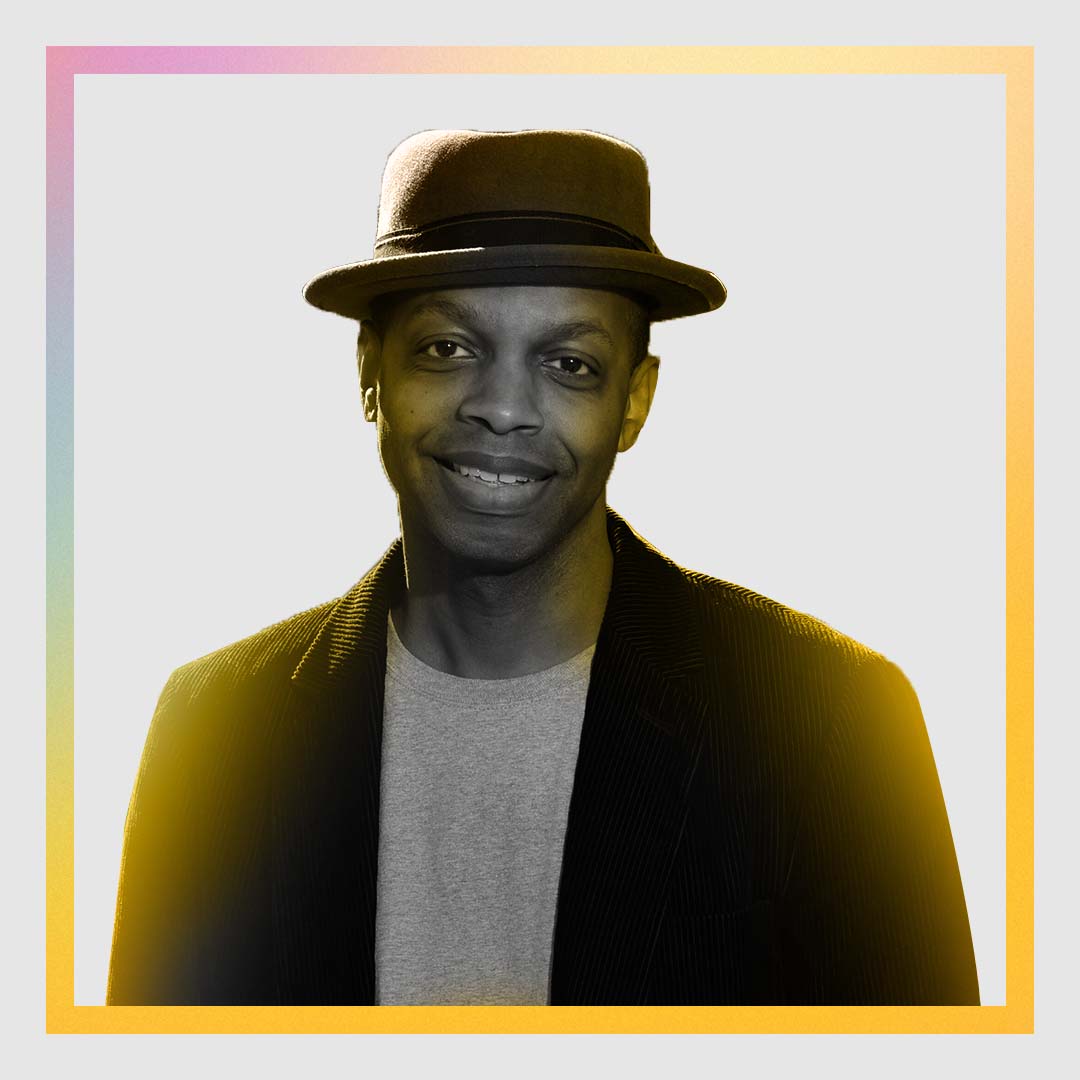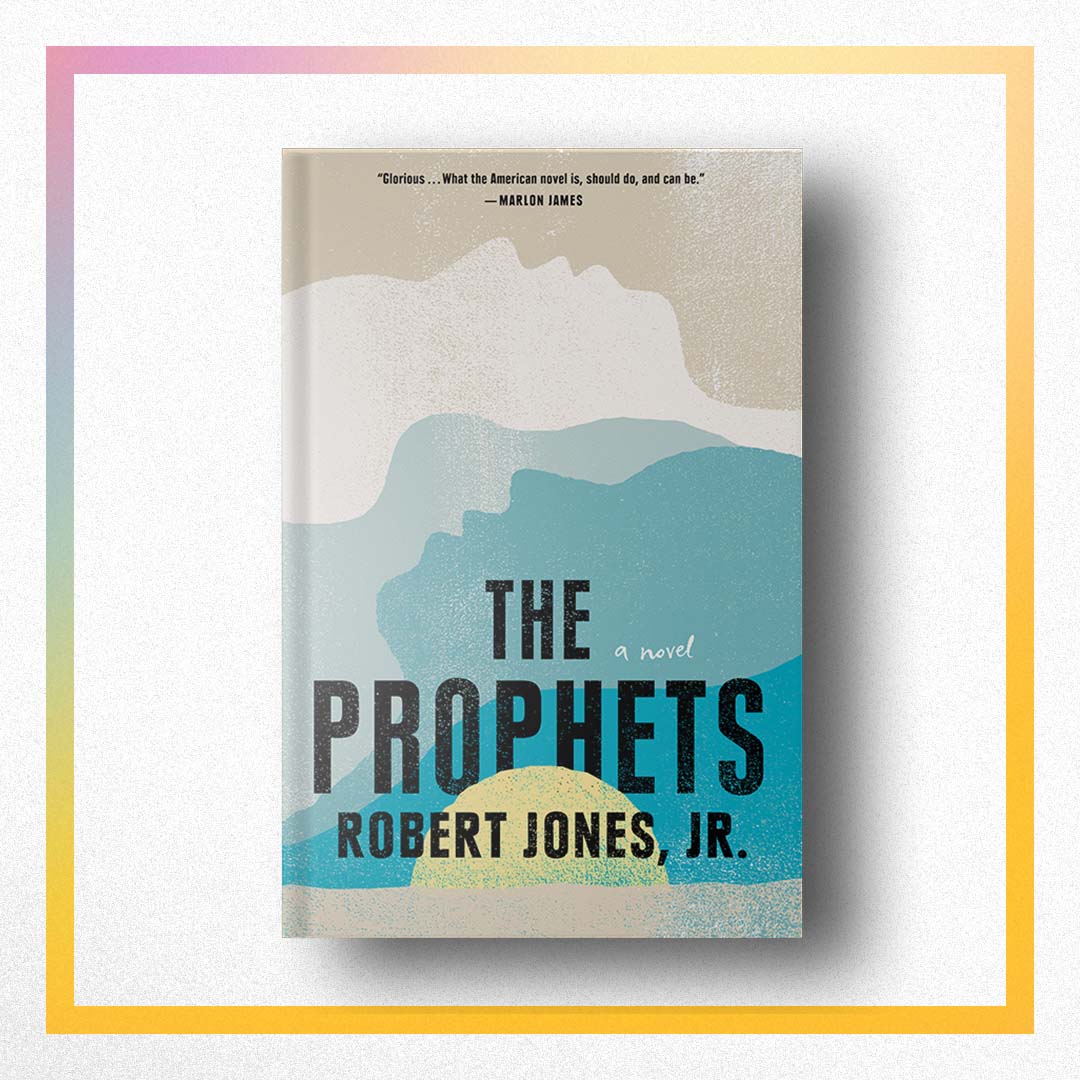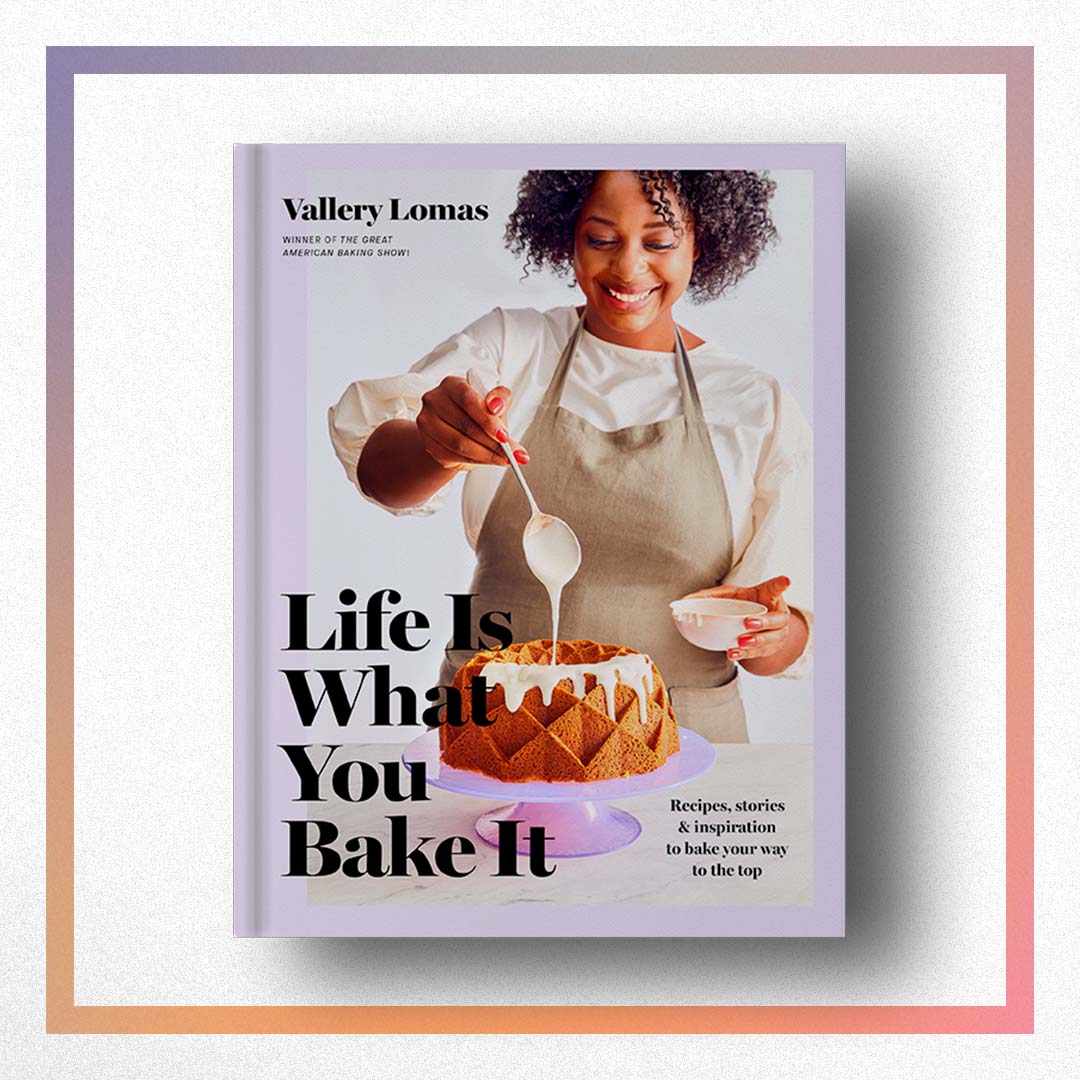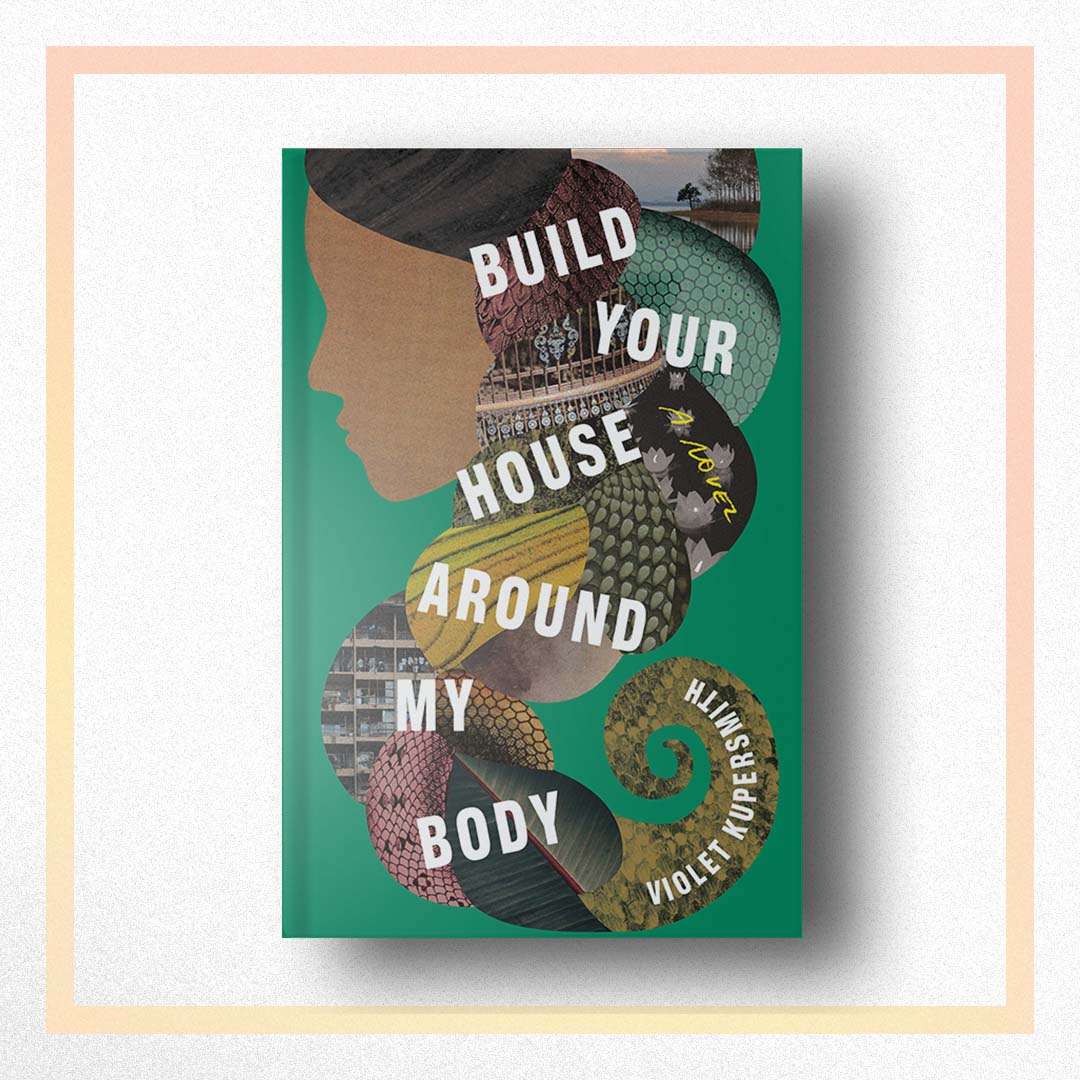Features
The Year in Books
A look back at 2021, told through the year’s biggest books.

Discover The Year in Books for 2022, a year of mixed emotions. Find books that pair with our top 10 mixed emotions here.
As we come to the end of 2021, it seems fair to say that the year didn’t turn out the way many of us hoped it would. We had high expectations of returning to normalcy after a year of lockdown, but of course, it wasn’t so simple. Alas, “Hot Vax Summer” was just not meant to be.
The past year was a dark one, and we faced numerous challenges. There was uncertainty about COVID-19 risks. There was a copious amount of misinformation about vaccines, among other things. We faced political unrest even as a new president took office, and we began to question the value of our time at work, prompting a Great Resignation. As always, there was the increasingly creeping dread of knowing that climate change has altered the planet irrevocably.
Amid the tumult of the year, we turned to books for so many different reasons: for cultural edification, in order to both make sense of our world and to escape it, to feel happily alone, or to share in the collective joys of discussing a novel with friends. In 2021, books remained the connective tissue of cultural movements and community-building, as vital as ever to social change even in the age of the internet. No matter the motivation for reading, books were there for us in 2021.
Jump to:
- We Read More Than Ever
- The Inauguration Inspired Us
- We Read A Lot of Romance
- We Focused on Mental Health
- The Obamas Urged Us to Keep Reading
- We Escaped to Other Worlds
- We Felt Our Feelings
- We Celebrated Black Excellence
- We Cooked for Each Other Again
- We Talked to Kids in Meaningful Ways
- We Rallied to Stop Asian Hate
- We Centered Trans Stories
- We Sought Rationality
- Scaring Ourselves Made Us More Resilient
We Read More Than Ever
As we emerged from the darkest days of the ongoing pandemic, there was a small silver lining: Americans continued to buy books, even more so than they did in 2020. It seems that even as Zoom fatigue grew and socializing face-to-face became a more viable alternative to staying at home, we still loved to read. According to NPD Group, a market research company, book sales have seen upward momentum: “Industrywide, U.S. sales of books are up 12 percent so far this year through August compared to the same period a year ago—and up 20 percent from 2019 over the same time period.”
“This year, I happily watched as droves of people—hordes, swarms, flocks of people!—seemed to come around to the closest thing I have to a religion, which is that books are magic. What have any of us done in our lives to deserve the majesty of another person’s singular focus, concentration, imagination, and will? How miraculous, that in a year mostly without commutes, so many people turned to the slow, private pleasure of reading. We all needed something—the catharsis of Crying in H-Mart, the humor and rule-breaking of Detransition, Baby, the escape of People We Meet on Vacation, the absolute grounding of The Body Keeps the Score.
The best thing about books, truly, is that whatever ails you, or whatever comforts you, there is someone who has dedicated their lives to understanding it and bound all of their findings between two covers. At Books Are Magic, it has been one of the most profound periods in my life, helping people connect with the books that will help them get what they need in this moment, whether it’s a wider contextualizing of history, a book that helps them understand themselves more clearly, or just the pleasure of spending many hours inside someone else’s brain. I read more this year than I did the year before or the year before that, and I’m better for it. Maybe you are, too.” —Emma Straub, bookseller and owner of Books Are Magic, author of six novels including the forthcoming, This Time Tomorrow
Amongst our favorite things to read were brilliant new novels from award-winners like Kazuo Ishiguro, Colson Whitehead, and Lauren Groff, as well as pageturners by Taylor Jenkins Reid and multitalented author Stacey Abrams. We read more poetry, nonfiction, romance, and sci-fi than we had in years past, and found renewed pleasure in Manga and graphic novels. Despite streaming services, video games, and social media competing for our attention, we recognized the singular pleasure of reading.






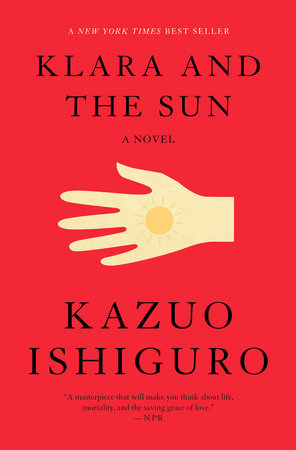


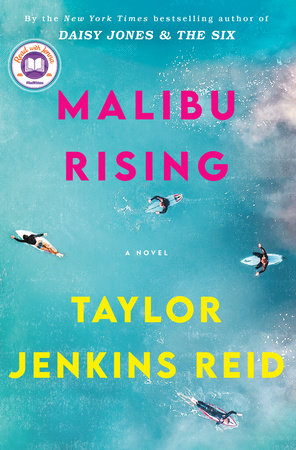


The Inauguration Inspired Us
January 20, 2021 was a cold day in Washington, D.C., and the attendees of Joe Biden and Kamala Harris’s inaugural ceremony were a sea of coats in mostly muted colors. They followed COVID-19 protection protocol and dutifully wore masks, and even though the atmosphere was celebratory, many attendees still looked grumpy (We saw you, Bernie).
A palpable change in energy occurred when 22-year-old poet Amanda Gorman, the youngest inaugural poet ever, came to the stage to recite “The Hill We Climb.” Her beautiful words of unity, her charismatic performance, and her bright yellow coat brought warmth and light to the proceedings, and they made her an overnight sensation.
The day after the inauguration, 14,820 people pre-ordered the print edition of The Hill We Climb. It went on to sell 200,000 copies in its first week of publication in March. Her children’s book, Change Sings, and poetry collection, Call Us What We Carry, soon followed, and Gorman’s popularity even shone some well-deserved light on the works of other contemporary poets. What a singular thrill it is to be able to say that poetry was big in 2021.
“I sat in a friend’s house in the early afternoon not knowing what to make of this America, let alone an inauguration. This America, that didn’t know what to do with its own fear other than to make hate out of it, leaving its own Black and Brown neighbors as casualties. What we experienced in 2020 was a collective suffering, from mourning multiple race-based murders caught on camera, to watching the COVID-19 death toll rise daily. I sat that day, knowing my hopes in democracy wouldn’t be restored by way of a new president, vice president, or political party.
Then, in walked a young woman in a yellow jacket, small, yet mighty, with glowing confidence. We’d all come to know her as Amanda Gorman. We’d all remember her voice as a conjuring. A woman who stood in the same location that an insurrection took place. Declaring hope, declaring that we are not a broken people. Using poetry to speak the narrative of marginalized people. All of my emotions surrendered to Gorman. Listening to a Black girl speak to America reminded me that my narrative is not lost in the rubble and blood.” —Jasmine Mans, the resident poet at the Newark Public Library and author of Black Girl, Call Home
In addition to Amanda Gorman’s successes, Kamala Harris made history when she was sworn in as vice president, becoming the first woman and first woman of color to be elected to the nation’s second-highest office. In her victory speech, Harris said, “While I may be the first woman in this office, I will not be the last, because every little girl watching tonight sees that this is a country of possibilities.” The daughter of an Indian mother and a Jamaican father, Harris also inspired readers with the story of her early passion for social justice in her memoir, The Truths We Hold, and taught kids to look for helpers in their own communities with Superheroes Are Everywhere.






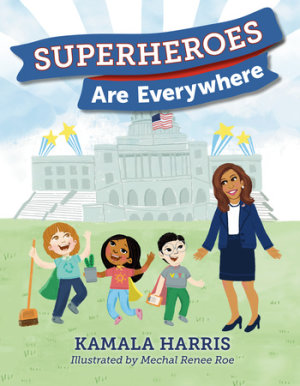





We Read A LOT of Romance
Romance novels, you complete us. We were in love with love in 2021, with romance becoming one of the fastest-growing genres, up an astounding 50% over last year. We consumed a wide variety of romance categories, from historical and regency (hello, Bridgerton!) to contemporary and paranormal, but there’s one subgenre that really stood out and reached a mainstream audience. Novels about falling in love have never been funnier now that romantic comedies have made a triumphant return, propelling writers like Helen Hoang, Jasmine Guillory, Sara Desai, and Emily Henry to bestseller lists.
Like your favorite Meg Ryan vehicle, rom-com books provided comfort—the effervescent fun that comes from consuming pure wish-fulfillment, all while curled up on the couch. This time, however, they’d lost many of the clunky misogynist clichés that weighed down even our most treasured rom-coms of the 20th century. In fact, the romance books of 2021 were feminist and progressive, featuring protagonists from a variety of ethnic backgrounds, religions, body types, and gender and sexual preferences. The audience for romance has always been vast, so it’s fitting for the genre to expand and evolve in order to portray a diversity of experiences.
“It’s been kind of rough—as in really, really rough. 2020 was unprecedented for all those pesky 2020 reasons. Then 2021 came around, and… 2021 wasn’t really all that precedented either. This meant that a lot of us, feeling a bit overwhelmed by our not-so-happy daily lives, began turning to books to make up for the missing happiness. And that’s why I’m not surprised that romance books are more popular than ever: because there is nothing, absolutely nothing more uplifting than a romance novel. They’re the kind of books written to let us know that even when life sucks and everything’s going wrong, there is still something precious, something special, something good in store for us.
Romance novels tell us that we can find love even in the midst of grieving and even when we’re struggling with mental health (Meet Me in Paradise by Libby Hubscher; The Heart Principle by Helen Hoang). They tell us that we should never lose hope, because there’s a second chance waiting for everyone, and because what’s lost is not gone forever (The Shaadi Set-Up by Lillie Vale; Isn’t It Bromantic? by Lyssa Kay Adams). They tell us that love can happen at all ages (A Lady’s Formula for Love by Elizabeth Everett; Well Matched by Jen DeLuca) and with the people we least expect (Twice Shy by Sarah Hogle). They tell us that sometimes, what starts out as a simple job that needs to be done, as a ruse or a mutually beneficial arrangement, can become so much more (The Intimacy Experiment by Rosie Danan; The Ex Talk by Rachel Lynn Solomon; The Dating Plan by Sara Desai; While We Were Dating by Jasmine Guillory). They tell us that love travels across time (People We Meet on Vacation by Emily Henry) and space (Ice Planet Barbarians by Ruby Dixon), and that what seems like our lowest point can quickly become an opportunity, the very beginning of something beautiful (Dial A For Aunties by Jesse Q. Sutanto).
Our lives might not always be happy. In fact, statistically, our lives are going to be pretty crappy, pretty often. But romance novels remind us that in the end, everything is going to work out because everyone deserves a happily ever after.” —Ali Hazelwood, cognitive neuroscientist and author of The Love Hypothesis
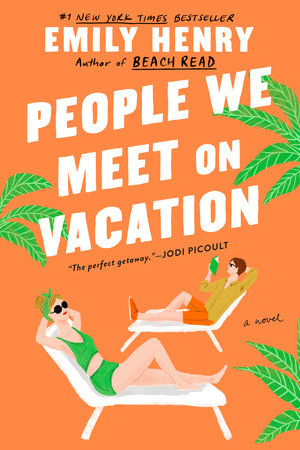





We Focused on Mental Health
In 2021, we saw two of the hardest working women in sports do something extraordinarily brave: they took a break. Tennis star Naomi Osaka and gymnast Simone Biles showed the world that taking care of your mental health is not a sign of weakness, but a display of strength. We’re realizing more and more that mental health is a serious component of our overall well-being, and we’ve begun to prioritize it. Heck, even Ted Lasso went to therapy this year.
We turned to books about self-care and wellness as we struggled with a mass of mental health issues, from the social anxiety we felt at making small talk again after a year of isolation and the disquiet of reevaluating our relationship to work in the context of making time for ourselves and our families. As we took stock of what really matters to us, books about wellness rose 40% this year. The category encompasses sub-genres that include everything from psychology and mindfulness to self-improvement and nutrition. James Clear’s Atomic Habits and Dr. Bessel van der Kolk’s The Body Keeps the Score both spent over 100 weeks on the New York Times bestseller list, and Untamed, Glennon Doyle’s memoir of empowerment and reinvention, has sold over two million copies in its brief 20-month lifespan. Readers even flocked to fiction, finding resonance in Matt Haig’s novel, The Midnight Library, which candidly addresses depression and mental illness. It’s clear that though destigmatized and honest conversations about mental health have been slow to enter public discourse, readers are craving books that can offer vulnerability, authenticity, self-reflection, or a pathway towards change—big or small.
“I owe my mental health to thousands of different counselors, almost none of whom have ever met me. What they did do was write books—books I read and reread until they became part of my psyche. Books that taught me how to be happy. When I was young, my anxiety and depression made me somewhat unusual. These days, they’re par for the course. This is partly due to the COVID-19 pandemic. In 2019, 10% of Americans reported symptoms of anxiety or depressive disorders. In 2020, that rose to over 40%. Other mental health issues—insomnia, alcoholism, drug addiction—also skyrocketed.
We all know why. Isolation, job loss, financial difficulties, and worrying about our own health, as well as loved ones, are easy to recognize as major psychological stressors. COVID brought all these factors and more into billions of lives, simultaneously. What isn’t so obvious is that the pandemic struck when most people were already living isolated, financially perilous, emotionally stressful lives. So-called “modern” societies have been driving individuals away from the protective web of personal interdependence that characterized human life for millennia.
It wasn’t until the Industrial Revolution that large numbers of humans began leaving their homes to make a living in unpleasant, unfulfilling factory jobs. In doing so, they broke away from much of their social support and instead, relied solely on money rather than the hunting, gathering, or agriculture that humans had relied on for hundreds of thousands of years. When Thoreau wrote that “the majority of men lead lives of quiet desperation,” he was referring to the emotional effect of living and working in factory-based economies.
As this vast shift occurred, reading became an increasingly popular leisure-time activity. This was partly because books became cheaper to make and buy. But there may have been another reason, one that helped preserve mental health not only in the early industrial era but also during the recent pandemic: Books connect human minds and hearts, even when we’re physically alone.
Reading and writing are two halves of a conversation that can keep us sane in the worst of circumstances. My favorite books—which I call my “paper family”—calmed me as reliably as ever when COVID struck. And writing my own books required accessing the sanest and most balanced parts of myself, so I could genuinely support my future readers.
The word “future” in that last sentence isn’t quite accurate. Books collapse time. The writer and reader are brought together as if by the folds of the spacetime continuum. They connect as surely as a therapist and a patient sitting in the same room.
If there’s one thing we’ve learned, it’s that disaster can strike any time, pushing our mental health to the breaking point. The world isn’t finished with catastrophes. And that means it isn’t finished with books. From every time and place, they lean the light of wisdom and empathy into our lives, mending our troubled minds.” —Martha Beck, life coach, speaker, and author of, most recently, The Way of Integrity



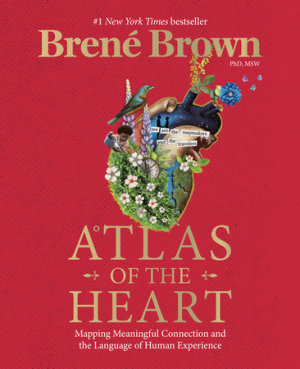


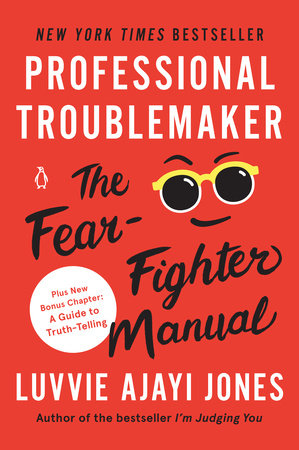


The Obamas Urged Us to Keep Reading
Among his many talents, Barack Obama has the book recommending skills of a list-making journalist at a cultural website. The titles on his 2021 summer reading list included perennial favorites like Andy Weir and Kazuo Ishiguro, but it also featured lesser-known debut novels and literature in translation that highly benefited from the presidential shout-out.
“Since he’s been in office, Barack Obama has always made it known that he’s a reader. With his recommended reading lists, which he continued after he left the presidency, he showed Americans—and the world—that he’s perhaps the most well-read president in U.S. history and has certainly earned the nickname ‘Reader-in-Chief.’ His lists have included Pulitzer Prize winners, veritable classics, and Nobel Prize contenders (and a few laureates, too).
One Friday in July, my phone began to ring with notifications—text messages, Twitter mentions, and Instagram DMs. At first, I thought something had gone terribly wrong: something was up at work, someone had died, there was another major catastrophe. I unlocked my phone, expecting the worst.
Imagine my surprise when I saw the flood of messages congratulating me on being included in Barack Obama’s 2021 summer reading list. As quickly as I could, I went to Obama’s Twitter account. And there it was, what he called, “this year’s offering,” a list of books that he hoped others would enjoy as much as he did. And then, there was my book: Things We Lost to the Water, and under that, my name. I refreshed the page over and over again. Still, it was there. Obama recommended my book!
It would take a couple of hours (ok, days) for it to sink in. But eventually, I returned to that list and was taken in by the other books he recommended, and specifically, the wide range of books on the list. Two books in translation. Two science fiction novels. A dark history of a storied American family. An investigation of humans’ impact on the environment. A collection of stories set in China. Over the years, Obama has shown us that not only does he read a lot but he reads across a wide swath of genres.
And in the second year of the pandemic, this seemed to signal something important. We may be stuck at home and apart from the people we love, and distanced from daily encounters with strangers (those interactions we never thought we’d miss until suddenly they were gone), but that doesn’t mean we must shut ourselves off from society and the perspectives and experiences of others.
What I’ve always loved about reading is the almost magical ability it gives us to step into the shoes of others and to learn of something that may be unfamiliar to us. It’s a particular type of joy and enlightenment: all alone with just a book in your hand, you are limitless, no matter where you are. Obama’s reading list reminded us that though we may be alone, quarantined, socially distancing, facing so many large societal problems—the act of reading, of opening up worlds between pages is important, perhaps more important than ever.
Let’s take that lesson to heart when we return to the world. We may all be better because of it.” —Eric Nguyen, Editor in Chief of diaCRITICS.org and author of Things We Lost to the Water
Although Barack and Michelle have moved away from the political foreground in the past few years, they continued to be two of the most influential booksellers in the nation. As authors, as independent bookstore patrons (the former president virtually “stopped into” six stores across the U.S. in honor of Independent Bookstore Day in April of 2021), as literacy advocates, and as fans, they’ve tirelessly elevated the importance of books and reading in American life. And readers responded.
Barack’s landmark presidential memoir, A Promised Land, continued to reach readers, and we collectively listened to the author-narrated audiobook version for more than 4,255 years in 2021. He also published Renegades with his pal Bruce Springsteen, a retrospective of their respective careers and American culture on the whole. Not to be outdone, Michelle released a new version of her memoir, Becoming, that has been adapted for young readers. She also helped launch Waffles + Mochi, a children’s cooking show on Netflix. The show became a sensation among children and adults alike (it has a perfect rating on Rotten Tomatoes!) and spawned three companion books, including Follow That Food! (Waffles + Mochi), which features an introduction by Mrs. Obama. Working with Partnership for a Healthier America, Waffles + Mochi‘s Pass the Love campaign aims to distribute 1 million meals to families in need across the country. We can’t wait to see what’s next.
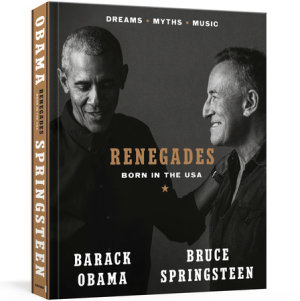





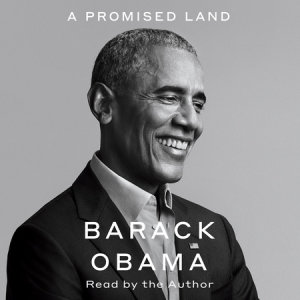


We Escaped to Other Worlds
2021 saw some prominent billionaires privately fund their own travels into space. For those of us who still had to make do with life down on planet Earth, we, at least, had science fiction and fantasy books to give us ways to escape. The new movie adaptation of Frank Herbert’s Dune brought us back to the desert planet of Arrakis, and a new generation discovered the Dune Saga books. And, of course, the Marvel Universe keeps expanding at a rapid rate, with Wandavision, Loki, and Black Widow capturing our attention in the past year.
However, we weren’t just captivated by comic book characters brought to life on the big and small screen. Readers sought out physical comics and graphic novels in unparalleled ways; the genre was up 113% industry-wide and over 20 million copies of Manga titles have sold so far this year, more than double any other previous full year on record. When reality got too real—space voyages included—it was a thrill to leave earthly burdens behind via the magic of sci-fi and fantasy.
“I can totally understand why people delved into science fiction and fantasy books in 2021. Remember at the beginning of the year, when we had just gone through the pandemic winter, and were hoping for a ‘Hot Vax Summer’ and that did not emerge? So, what else could we do but travel to new and distant worlds by way of a good book?
Fantasy takes you to different places and it also gives you a sense of safety that you’re elsewhere in a place that usually has a happy ending—we needed that in 2021. We’re so inundated all the time with one piece of bad news after another, so fantasy is the thing that allows us to disconnect from everything that’s happening in the world, which, recently, has been mostly bad. Everything is politics and the pandemic. And it’s good to be able to disengage.
The great thing about fantasy is that you get to see new and amazing and fantastical and beautiful things, and I think that’s necessary now.
This year, I loved reading Beasts of Prey by Ayana Gray, Iron Widow by Xiran Jay Zhao, and Skin of the Sea by Natasha Bowen.” – Namina Forna, screenwriter and author of The Gilded Ones
Related: Books to Read if You Love Dune
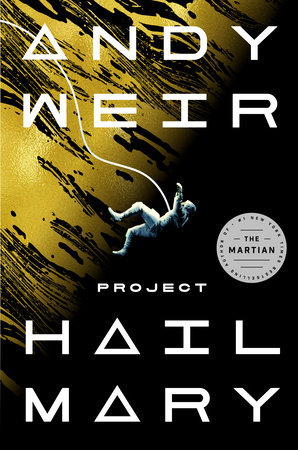








We Felt Our Feelings
Wallowing is a generally underrated activity, so it’s a joy to watch a new generation discover its appeal. There’s something so pleasurable about setting aside space for sadness, even the most clichéd, movie-ready version of it: to fling yourself around dramatically and wear filthy pajamas, listen to the most depressing music surrounded by snot-filled tissues and half-eaten boxes of candy.
“I’ve just finished chapter 1 of part 4, my heart hurts,” says a young woman in a TikTok video with 264,000 views. Her face is blotchy from crying and she pauses for moments in her impassioned speech to wipe away new tears. “This is not for the faint of heart,” she continues while holding up a copy of A Little Life by Hanya Yanagihara, the 2015 novel that’s being rediscovered in a major way on the social media platform, with 58.3 million views (and counting) for the tag #alittlelife.
“Maybe we’d spent too much time apart from loved ones. Maybe it was just because the world offered up so many devastating things. But this year, it felt like a dam broke in all of us. For me, tears were always near the surface, welling up at TV commercials and kitten videos on Twitter. In a different era, I would have worried it was the sign that something was awry, but right now it feels like an act of survival to claim our emotions again.
I found myself turning to books that let me sink into the deep, complex almost-pleasure of melancholy. Michelle Zauner’s Crying in H Mart, Kate Bowler’s No Cure for Being Human, and Michele Harper’s The Beauty in Breaking all helped me feel human again. And by human, I mean sad, despairing, and hopeful all at once. After months of holding everything in, it was a lot like letting go.” —Katherine May, podcaster, literary scout, and author of Wintering
In 2021, a new crop of readers reveled in the savoring of emotionally devastating books. In fact, the books that thrived on #booktok in 2021 were overwhelmingly books that make you cry, from YA fiction and memoirs to classic novels and some of the best new literary fiction out at the moment.
TikTok users also loved Burn After Writing, a journal that encourages you to reveal your deepest darkest secrets on the page, and then, for safekeeping, to torch the book after you’ve unburdened yourself. So far there have been 89.6 million views for emotive #burnafterwriting videos, overwhelming proof that the joys of being sad are only outweighed by the joy of letting the rest of the world know that you’re sad. Sharing our collective grief makes us feel less alone. Think back to the song lyrics you posted on your away message on instant messenger and you’ll know it’s true.
If the past year was a time of particular stress and uncertainty, then one of the most gratifying ways to be messy in 2021 was to let all of our feelings out by consuming culture. Thanks to Olivia Rodrigo and Kacey Musgraves, both of whom released killer breakup albums that provided some catharsis (ladies, good 4 u—and us!). Thanks to entertainment websites for publishing numerous lists of the saddest movies to stream on Netflix. And thanks to the writers of books that provided us the opportunity to contemplate someone else’s sadness, maybe even allowing us to mitigate our own.
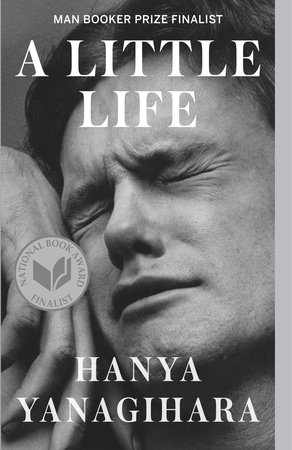


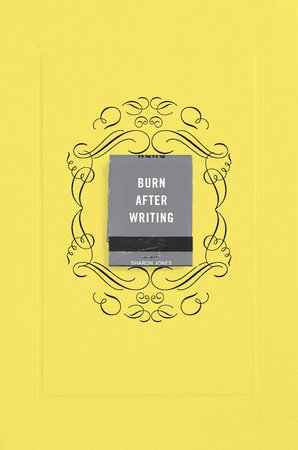








We Celebrated Black Excellence
If 2020 was the year of the antiracist reading list, then it was lovely to read more widely in 2021, to amplify Black stories, to uplift Black joy, and celebrate all kinds of different Black voices and narratives. We saw writer and comedian Phoebe Robinson launch Tiny Reparations Books, an imprint dedicated to publishing complex, honest, and humorous work that highlights unique and diverse voices and not only reflects the current conversation but pushes it forward. Introspective memoirs like Just Mercy by Bryan Stevenson and Born a Crime by The Daily Show host Trevor Noah were mainstays on the New York Times bestseller list, while well-researched journalistic histories like Four Hundred Souls, edited by Dr. Ibram X. Kendi and Keisha N. Blain, and The 1619 Project created by Nikole Hannah-Jones and The New York Times Magazine offered crucial insight and helped expand our collective understanding of Black history in the United States. Renowned historian Tiya Miles uses a single object passed down through three generations of Black women to create an extraordinary testament to people who are left out of the archives in All That She Carried, which won the National Book Award for Nonfiction.
2021 was also a banner year for Black fiction. Jason Mott’s novel Hell of a Book took home the National Book Award for Fiction and The Prophets by Robert Jones, Jr. was a finalist for the same prize. But we also turned to classic gems for guidance, comfort, and entertainment, bringing the old masters into the hands of a new audience. There was a 22% spike in James Baldwin readership over 2019, and literary content creator Cree Myles led the first-ever Black Like We Never Left, a week-long virtual read-a-thon celebrating Black fiction, specifically the work of Nobel and Pulitzer Prize-winning author, Toni Morrison.
“For me, 2021 began in a place of both tremendous joy and significant anxiety. On January 5, G.P. Putnam’s Sons released my debut novel, The Prophets—a book I had been working on for 14 years. Like most artists, I was excited that the work was out in the world and worried about how it might be received. I didn’t have very much time to consider my fears as they were replaced by another, more pressing one. The very next day, insurrectionists stormed the U.S. Capitol building in an attempt to illegally overturn the results of the presidential election.
Generally, when the waters are troubled, we try first to comfort ourselves and those we love with the familiar: good food, good company, a good film. But when we want answers, we turn to the written word. And that’s where I found myself this year—attempting to use reading to stitch together a reality that made more sense than the one we are enduring. And, in particular, reading the wisdom of those who have been at the forefront of progress, culture, politics, innovation, and creativity since the dawning of the country; namely Black people.
I found that Black writers, especially, had their finger on the pulse of the now, even in their examinations of the past. I turned first to James Baldwin, who is often thought of as prophetic, but I’d much rather think of him as an extraordinarily keen observer of human behavior and the patterns that develop as a result of us repeating our errors over and over again. Following in Baldwin’s footsteps is a young man by the name of Danté Stewart, whose Shoutin’ in the Fire is The Fire Next Time of this generation.
A most cogent examination of our history and how we got to our current moment is Dr. Ibram X. Kendi and Dr. Keisha N. Blain’s Four Hundred Souls, featuring contributions from some of the greatest Black authors in the world. In the same vein, Nikole Hannah-Jones’s The 1619 Project is a re-examination of everything we thought we knew about American history through the lenses of a multitude of Black scholars, thinkers, and artists.
And it isn’t merely in the realm of nonfiction that Black voices have been a compass at sea. Jason Mott’s Hell of a Book, the National Book Award winner for fiction; literary legends like James McBride (Deacon King Kong) and Colson Whitehead (Harlem Shuffle); and new voices like Abi Daré (The Girl with the Louding Voice) and Paul Mendez (Rainbow Milk) have all helped to steer the wayward ship.
But what I hope we all learn from the tumultuous times we’re still in the midst of is that we shouldn’t simply turn to Black art, Black voices, Black literature when we are scared and confused, seeking reason and grounding when the world, or more specifically the country, feels unpredictable and off-kilter. Let us instead rejoice at the tapestry and diversity of Blackness on every occasion, simply as part of the grace of our existence. Blackness shouldn’t have to be excellent to be celebrated. Full humanity calls for a broader spectrum of possibilities.” —Robert Jones, Jr., creator and curator of the social justice, social media community Son of Baldwin and author of The Prophets
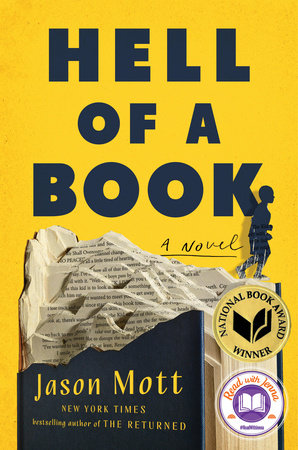








We Cooked for Each Other Again
We were starving for connection in 2021. If the prior year had been one of lockdown, when isolation from friends and family was necessary and painful, then, as we slowly reemerged, we rediscovered the simple joys of preparing food for ourselves and our nearest and dearest. With the help of cookbooks, we remembered how sitting around a table with a lovingly-made meal and great company can be thoroughly nourishing.
Not only did we rediscover the joys of cooking and baking this year, but we also got back to entertaining. How thrilling to welcome people back into our homes after a year without, and how exhilarating to serve them great-looking and great-tasting food. We cooked alongside viral videos of chefs like Molly Baz (there are 3.7 million views for #cookthisbook videos on TikTok), 18-year-old wunderkind Eitan Bernath, dessert guru Claire Saffitz, and drooled as we watched Nadiya Hussain‘s Nadiya Bakes on Netflix. You couldn’t look at Pinterest or Instagram over the past year without coming across numerous elaborately arranged charcuterie boards featuring meats, cheeses, or vegan and vegetarian offerings. We looked to books like That Cheese Plate Will Change Your Life by Marissa Mullen to try to create life-changing platters of our own, and we looked forward to sharing them with guests. Which is how serving plant-based salami became an act of love in 2021.
“In 2021, we were finally able to cook for each other and nourish our loved ones again after a year of being apart. Not only were we not able to celebrate with each other in 2020, but so many people lost the matriarchs and patriarchs of their families. It feels even more important that we carry on their traditions and rituals so that they can continue to live on in other ways. When I bake some of my family heirloom recipes that I included in my cookbook, Life Is What You Bake It, like my Grandma Willie Mae’s Million Dollar Cake or a batch of Old-School Dinner Rolls, I feel a connection back to my roots and a celebration of the women who came before me and mixed this same batter and stamped out circles in the same dough. I remember going over to my grandma’s house when I was about 10, my little recipe book in my hand, and listening as she showed me how to make her Million Dollar Cake. Now that she’s 97, I make the cake for her, and she’s so appreciative. It’s as if she understands that this is her legacy and it’s continuing.
When I cook and prepare food for people I love, I feel a sense of joy and satisfaction that I’m providing for them. There’s something special that happens when you feed other people. We all need to eat and it’s a way we can help take care of each other. I think maybe we took it for granted, but when we couldn’t be together and eat together, we all felt that gaping hole. After the two years we’ve had, these little moments of taking care of each other and nourishing one another have never felt so important.
I think that’s why it was so interesting to see recipes trending on social media this year—whether it was baked feta pasta or banana bread—the experience of making these dishes tied us all together. When we’re making a recipe that other people are making at the same time, it becomes this collective phenomenon. It allows us to intertwine experiences and to feel a sense of community when many people were physically apart from their own communities and the people they loved.
The same thing occurs with popular cookbooks. Cookbooks are a cohesive collection of an author and their recipes, with the context of the stories and color that surround the dishes. We don’t eat food blindfolded in a vacuum, where it has no meaning. A cookbook can provide that meaning. When I share the story of making my grandma’s cake with my readers, that story gets layered onto whatever celebration the reader bakes the cake for and it becomes a beautiful amalgam of family and food. It’s another collective phenomenon, of creating something larger and interconnected that people want to be a part of, of feeling nourished.” —Vallery Lomas, winner of The Great American Baking Show and author of Life Is What You Bake It



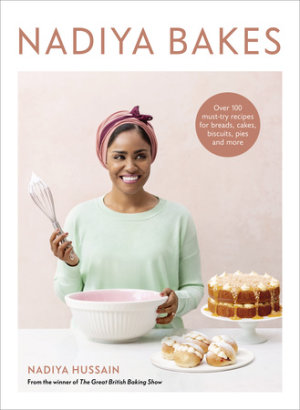





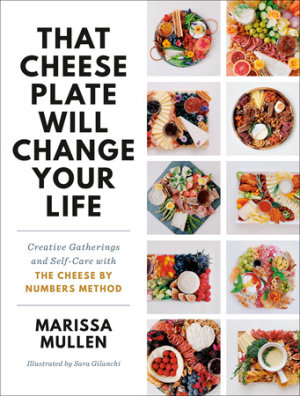


We Talked to Kids in Meaningful Ways
How young is too young for a child to read a book that deals with so-called sensitive subject matter? In 2021, kids returned to school wearing masks after a year of isolated remote learning, and they proved to be the most resilient and flexible among us. We learned that children are rarely too young to grasp big ideas, especially if we don’t undercut their intellects and their capacities to learn and grow. We know that talking to kids early and often (aided by books, of course) has become a crucial step towards raising good young people.
Over the past few years, children’s literature has evolved to address topics that it’s never too early to better understand, including racism, identity, gender fluidity, anxiety, mental health, and sexuality. As a moral panic about the teaching of critical race theory amps up, school districts across the country have begun banning such books at an alarming rate. So it’s up to all of us to value and uplift progressive voices in children’s literature, both for the enjoyment and edification of young readers and their parents and for the sake of our freedom and our nation’s future.
“It’s been exciting and affirming to see the recent progress in children’s books where kids are being offered books that touch on big, complex subjects. I think, previously, there was this idea that kids aren’t ready to talk about things like mental health, gender fluidity, sexuality, immigration, or racism, but as a teacher, I’ve seen that the opposite is true. Children often ask questions that lead to conversations about these very things—gender, racism, identity—that are present in our everyday interactions.
It’s so important to have these conversations and to give our children ample information, resources, and awareness of different circumstances than their own. As adults, it’s not our job to shape their opinions, but it is our responsibility to provide space to talk about these complex topics and offer them the resources so they can formulate their own opinions.
Books can act as windows or mirrors; they can reflect our own story or offer insight into someone else’s experience. When kids understand and connect to characters in a book who either share their own story or who come from a completely different situation, it fosters empathy, kindness, and acceptance. But it’s important we are sharing authentic stories with our kids—stories written by people who have lived through these experiences—so that we don’t teach stereotypes or generalizations.
My picture book, Areli Is a Dreamer, tells my immigration story and shows all the complexities of immigrating to a new country. I was born and raised in Mexico by my grandma and when I was six, I immigrated to the United States and was reunited with my parents and my older brother who were already living here.
Today, I am what we call “DACAmented,” which means I’m protected by deportation under the DACA program. But growing up, I was undocumented and had to keep that a secret for fear of being discovered. When I applied for DACA, I finally felt like I was able to tell my story. I began telling professors and teachers and friends, and then realized how alone and scared I had felt when I was young. I wrote Areli Is a Dreamer to share my story and to teach children in this same situation that their story matters, that they’re not alone in this journey.” —Areli Morales, a teacher with a degree in childhood bilingual education and author of Areli Is a Dreamer
Related: Books for Every Chapter of Parenting
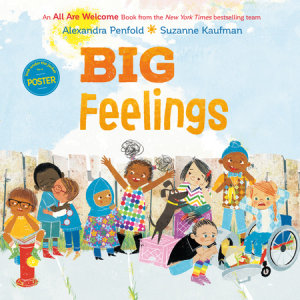


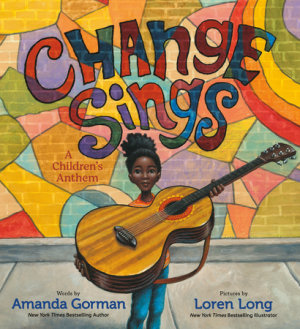








We Rallied to Stop Asian Hate
Unfortunately, there was no way to get through this past year without confronting the fact that hatred is a built-in part of the American experience. 2021 saw an uptick in hate crimes directed at Asian American people, a xenophobic reaction to the spread of COVID-19 that was perpetuated by many of the most unscrupulous figures in American politics. We saw devastating videos of violence against people of Asian descent, and we saw hate turn deadly in the Atlanta spa shootings of March 2021.
And so we rallied and spoke out against the violence. Manjusha P. Kulkarni, Russell Jeung, Ph.D., and Cynthia Choi, the founders of Stop Asian Hate, created a space for reporting hate crimes and landed on TIME magazine’s “100 Most Influential People” list. Minor Feelings author Cathy Park Hong wrote about Stop Asian Hate for the TIME 100 and became a TIME 100 cover star herself. We also turned to books in 2021 to uplift Asian American voices. The breakout memoir Crying in H Mart by writer and rockstar Michelle Zauner debuted at #2 on the New York Times bestseller list and stayed on the list for over 20 weeks, and Build Your House Around My Body by Violet Kupersmith, which tells the story of two young Vietnamese women who go missing decades apart, was a finalist for The Center for Fiction’s First Novel Prize and was named to the New York Times list of 100 Notable Books of 2021.
“My own grief following the mass shooting in Georgia was complicated by knowing that as a half-white Vietnamese American, I am protected by my father’s last name on paper, and by my own ethnic ambiguity in person. Before my novel was published, I sometimes questioned whether I even deserved to have written it—whether the sum of my mixed-race experience was enough for me to have earned my anger. But I have to remind myself that the book is bigger than whatever identity arithmetic I perform on myself because, at its core, it is about how women’s bodies, and Asian women’s bodies, in particular, are fetishized, commodified, and treated as expendable. I wrote it as a horror story because, so often, horror stories are the reality of being an Asian woman.
For too long, it felt like our voices were only allowed in publishing if we wrote what white audiences expected to read. What sustained me this year was witnessing the sheer, genre-transcending breadth of books by Asian American writers, from Michelle Zauner’s heartbreaking memoir, Crying in H Mart, to Helen Hoang’s The Heart Principle. From Chang-Rae Lee’s world-hopping bildungsroman, My Year Abroad, to the fantastical, haunted Malaysia of Zen Cho’s Black Water Sister. I see this diversity within our own storytelling as a kind of proud defiance. Because in writing towards the uncategorizable, we write against limitation. We write against a history of being forcibly lumped into one big Other, against the hateful rhetoric that is fueled by reducing us to a handful of ugly stereotypes. And after so much sorrow, this feels vital and affirming and extraordinary.” —Violet Kupersmith, Fulbright scholar and author of Build Your House Around My Body
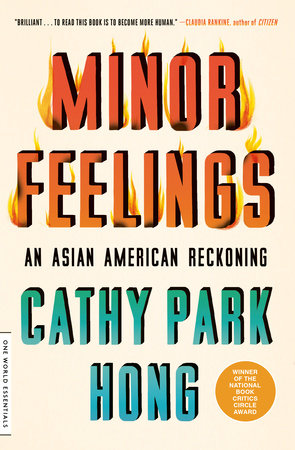


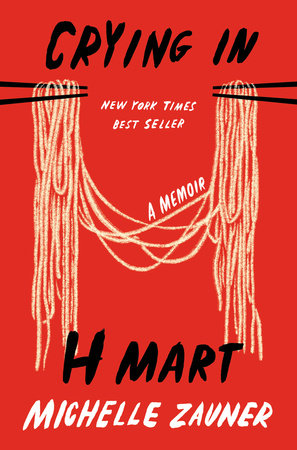


We Centered Trans Stories
It’s impossible to do a year in review without fully owning up to our biggest failures along with our successes: 2021 was the deadliest year for transgender and non-binary people. We still have so much work to do, starting with the acknowledgment that the both-sides debates about the treatment of trans people do nothing but deny trans people of their basic humanity. We need to do better, so much better.
We made a small start in 2021, making inroads into the centering of transgender and non-binary narratives in books and beyond. In Detransition, Baby, Torrey Peters illuminated the messiness of the trans experience to a largely cisgender readership, and in the process, she became a bestseller and the novel was optioned for a TV adaptation. Tomorrow Will Be Different author Sarah McBride was elected as our nation’s first transgender state senator, representing Delaware, and was sworn into her new position in January of 2021. Most encouragingly, there have been more and more stories for kids about being transgender and exploring the fluidity of gender. We can only hope that the more main characters we see who are transgender and non-binary, the more society will value their stories, their personhood, their dignity, their lives.
“Without question, there has been significant progress over the last year for the trans community, a byproduct of decades of work, of someone before us blazing a narrower trail that we then widen. And yet, I think 2021, like every year in the story of our country, has been a dual journey of pain and progress, of loss and of accomplishment.
The trans community certainly saw notable advancements in politics, popular culture, and athletics this year. For the first time in American history, we have a president who is passionately, unequivocally, and vocally very pro-trans equality. And yet, at the same time, 2021 has been the deadliest year on record for transgender people. Over the last several years, the trans community has experienced highs and lows; we’ve seen the benefits of visibility, but we’ve also seen the dangers that can arise when a brighter light is shone on a community. As we continue to make progress as a movement, it reinforces the need for us to center not just the voices of trans people, but the voices of the most marginalized within our own community. Because we can make progress for some of us, but if it results in those who live at the intersection of multiple marginalized identities finding themselves at continued or even greater risk of violence, then we will have left too many behind.
The last two years have held moments of crisis, of self-reflection, of reimagination. In 2020 and 2021, people spent a lot of time alone, thinking about what brings them joy and happiness and purpose in life. I think that caused many people to recognize that the most important things in life are living each day to the fullest and that means living authentically. When you see a growing number of people coming out and sharing their authentic selves with the world, it results in more narratives being shared. As our community continues to face anti-trans legislation, one of the ways we can push back is by sharing our own stories.
One of the aspects of 2021 that I appreciate, and I think so many in the community appreciate, is the increasing diversity of narratives that are available about the trans community. What we’re seeing now, in contrast to 20 or 30 years ago, when trans stories were told by predominantly cisgender people, is that trans stories of all kinds are being shared. We see stories that are positive, stories of sadness and discrimination, and stories with a mix of all of those. Stories that tap into the universal aspects of trans people’s lives, the family dynamics, the hopes and the dreams, the fears, and the humor in it all. And that is a profound change from a time when the only trans storylines were essentially punchlines in comedies or dead bodies in dramas. I think the only way we’re going to continue to open hearts and change minds is to have an even broader array of narratives told and shared about our community. The 2021 novel Detransition, Baby was met with a lot of eagerness by the trans community and a lot of excitement at the book’s success. Because it’s time for a diversity of trans narratives told by trans people to be on every shelf and on every channel.
When I published my memoir, Tomorrow Will Be Different, in 2018, it was a journey back to healing for me. Writing it helped remind me of the change that I had witnessed in my life, and it helped me process the experiences and trauma that I faced with the loss of my husband, Andy, from cancer. But beyond allowing me to heal, the greatest joy I received from writing my own narrative came from the messages that I got from trans people and parents of trans people across the country, who shared that Tomorrow Will Be Different helped to educate them or comfort them or provide them with that little bit of hope they needed at a time of crisis. To know that something that you’ve written has helped even one person through a difficult challenge makes all the obstacles worthwhile.” —Sarah McBride, State Senator and author of Tomorrow Will Be Different



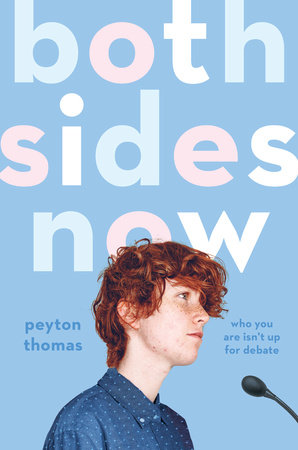


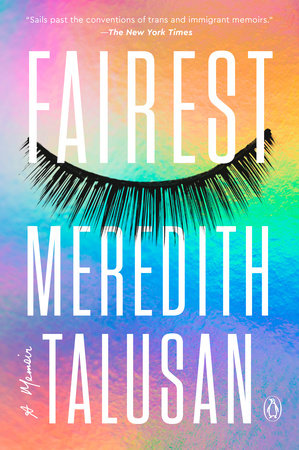


We Sought Rationality
“Think before you speak. Read before you think.” This advice from legendary cultural critic Fran Lebowitz was originally aimed at teenagers, but it’s wisdom that’s entirely universal, especially today. We turn to books to be better informed, to cut through the noise of social media, and to learn from trusted sources about issues mired in controversy. In 2021, a massive amount of misinformation circulated about topics ranging from the climate crisis to vaccine skepticism to the toll taken by systemic racism in America since its earliest days.
“The year 2021 rubbed our faces in the crazy contradictions of human reason. On the bright side, the fruits of our ingenuity allowed us to fight back when the ancient scourge of pestilence arose anew. We kept in touch with electronic media, staved off a catastrophic depression with emergency financial measures, and deployed vaccines that promised to consign COVID-19 to history. At the same time, many in our midst rejected these lifesavers under the delusion that they were part of a plan to conscript us as guinea pigs in dangerous experiments or to implant trackable microchips into our bodies.
The political arena was just as paradoxical. The mechanisms of democracy, designed to reconcile the popular will with the madness of crowds and to empower responsible stewards rather than narcissistic despots, appeared to hold firm and enable a peaceful transfer of power. Yet a violent mob, egged on by a man who swore to uphold the Constitution, tried to vandalize those mechanisms, under the sway of crackpot canards that claimed the election was “stolen” from that man, who, many of them thought, was about to expose his political enemies as a cabal of Satan-worshipping pedophiles.
How can we make sense of a species that is smart enough to think up constitutional democracy and mRNA vaccines and stupid enough to believe in chemtrails and QAnon? It’s a puzzle that led me to write Rationality. As a cognitive scientist, I have long known about the delusions to which our species is vulnerable, including our motivated reasoning, our confirmation bias, overconfidence, and myside bias: the urge to ratify the sacred beliefs of our tribe or sect to make our side look noble and wise and our rivals evil and foolish.
But if we’re a species of dunces, how did we discover DNA, extinguish smallpox, decimate famine and poverty, reduce the toll from war (all documented in my previous books The Better Angels of Our Nature and Enlightenment Now)? The answer, I came to realize, is that we surrender our claims to be correct—which all of us think we are, whether or not we actually are—to a larger community dedicated to seeking disinterested truth. We are forced to persuade rather than bribe or intimidate. We sanctify freedom of speech and the press, so that unpopular (but possibly correct) opinions may be voiced and criticized rather than punished and silenced. We submit to editing, fact-checking, peer review, open debate, the demand for credible sources.
With the help of these institutions, we pool our best ideas and try not to repeat our mistakes. They allow us to be more rational collectively than any of us could hope to be individually. But our irrational side will resurface when these institutions are marginalized—when we base our understanding of the world on unfiltered rumors, viral videos, 280-character reactions, instant snark, urban legends, edifying myths, and charismatic sophists, all of which bring out the worst in our cognitive biases.
In this landscape, the role of books in enhancing our rationality is obvious. To be sure, reading them can be slow and demanding, writing them even more so. They are undemocratic: not everyone gets to publish one with the imprimatur of a respected brand with a reputation for accuracy to uphold. They expose the writer to criticism and sometimes ridicule and malice. But that is also their virtue, as they force us to muster both the best case for an idea and the best analyses of what is right or wrong with it.
Several centuries ago, the Enlightenment was helped along with the rise of literacy and of affordable books. Today, we can seek a new Enlightenment and push back against racism, demagoguery, science denial, myopia, and other products of our irrationality, with the depth and care that only books can provide.” —Steven Pinker, the Johnstone Professor of Psychology at Harvard University and author of Rationality
Readers sought veracity, and they turned to hard-hitting books to find it. Adult nonfiction was up 16% over 2020, with standout titles including Patrick Radden Keefe’s searing examination of the Sackler family, Empire of Pain, as well as Hanif Abdurraquib’s National Book Award-nominated ode to the art of Black performance, A Little Devil in America. While tweets and headlines and Facebook posts continued to vie for our attention, we realized that very little could beat actually taking the time and effort to delve deep into a subject the way we do when we read a great work of nonfiction.
Related: Books about Climate Change
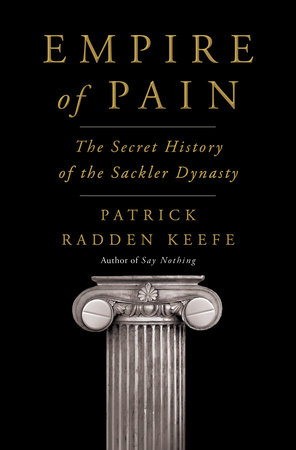





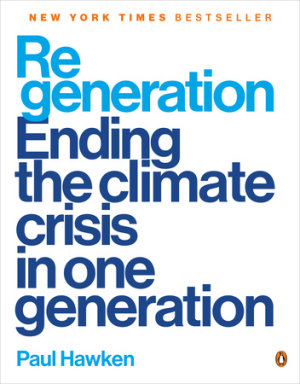


Scaring Ourselves Made Us More Resilient
For all the ways books bring us into the light, let’s not forget that they can also draw us into the darkest and most depraved of subjects. This year, we learned that having an outsized interest in crime and murder can actually be good for us. A study published in September 2020 found that those of us who consumed horror entertainment and those with “morbid curiosity” were more psychologically resilient during the pandemic. In other words, contemplating death and destruction was an act of self-care in 2021.
And so, consume we did. We made Squid Game one of the most-streamed shows on Netflix, we listened to murder podcasts and became amateur detectives, and we watched the reboots of classic slasher films like Halloween and Candyman. And, of course, we stayed up late reading thrillers and horror novels, turning pages furiously and scaring the bejeezus out of ourselves. From contemporary murder mysteries like Andrea Bartz’s We Were Never Here and Caroline Kepnes’ You Love Me, the third book in the You series, to the smoke-filled noir of Silvia Moreno Garcia’s Velvet Was the Night, we lost ourselves in high-stakes stories rather than in our mundane concerns. The horror in books felt downright comforting compared to the more quotidian horrors of our everyday lives.
“One of the most chilling moments in all of literature—at least by my count—takes place in Shirley Jackson’s astounding 1959 novel, The Haunting of Hill House. A lonely woman named Eleanor Vance is one of a small group recruited by an occult researcher for a stay in a purportedly haunted house. Then, in one harrowing scene, Eleanor and Theo, her closest comrade in the group, are awakened in a dark bedroom by a loud noise. They clasp hands and hold tight as some mysterious force attempts, with thundering exertion, to open their door. Several terrifying moments pass and all is quiet again. It’s only then that Eleanor discovers Theo was across the room the whole time. “Whose hand was I holding?” she asks herself, and we feel the unholy shudder. I feel it even now.
I’ve thought of this moment so many times over the past 20 months.
It’s a truism that thrillers are an escapist form. If so, the nature of that escape means diving straight into the darkness, in part with the knowledge—however unconscious—that we will emerge again, still standing and gasping for air. And that’s what I felt as—even (or especially) in the darkest days of the pandemic, the panic in the air, the nation in crisis—I consumed thriller after thriller, huddling into the late-night hours in a way I hadn’t done since childhood, sinking into the nerve-jangling worlds of Paula Hawkins’s A Slow Fire Burning, Tana French’s The Searcher, Oyinkan Braithwaite’s My Sister, The Serial Killer and, of course, Shirley Jackson. I couldn’t read them fast enough.
As we find our sea legs again in late 2021, I’ve thought a lot about why, as a reader, these books stir me so deeply yet also provide such bolster, a buoy to which I hang for dear life. Like the 19th century “sensation novel” (most famously Wilkie Collin’s The Woman in White), today’s thrillers play on the nerves and tantalize the senses, making us feel alive. But they also perform a more furtive function by honoring, giving full expression to, and even exorcising the anxieties, tensions, and fears of the day. All those feelings we try to deny or hide or bury: guilt, shame, terror, rage, panic, grief.
But, in the last year and a half or more, I’ve come to value something much simpler and yet more extraordinary that these books offer us: while reading them, you are never alone.
After all, thrillers are deeply intimate. They are tales of psychology, feeling. And, perhaps more than in any other genre, the writer and reader are tightly interlocked. It’s a dance, a two-handed game of distractions and red herrings and twists with both reader and writer trying to keep ahead of the other, anticipate the other, beat them to the finish line.
As I write, I’m always thinking: will the reader be with me here? Did they feel my narrator’s fright, anger, all-consuming desire? Did they wonder how far we might have to go together to expose the secrets, uncover the truth? From the first page, I’m trying to position myself perched just over your shoulder, as if whispering the story into your ear. Then, in some deep and meaningful sense, we are writing the story together.
And that no-small-thing is what thrillers promise us. No matter how dark the paths on which they take us, no matter how treacherous the woods beyond, you are not alone, you are never alone.
Returning to Eleanor’s fearful question in The Haunting of Hill House:
Whose hand was I holding?
‘Mine,’ I want to say. I’m saying it now. ‘You’re never alone. It may be dark out there, but we can make it. Our hands locked, we go forth together. You’re never alone.’” —Megan Abbott, co-creator and executive producer of USA’s adaptation of Dare Me and author of ten novels including, most recently, The Turnout
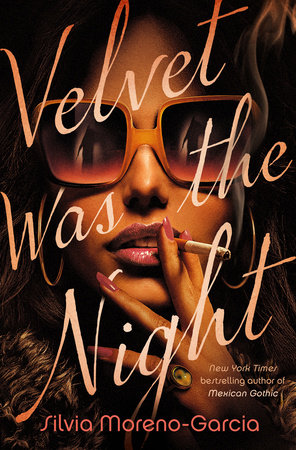








One of the most exciting things about the book publishing business is that while we can report on trends of the recent past, we can’t know what the biggest hits of the future will be. There is so much room for chance, for a new phenomenon to rise out of social media, or for some novel by an unknown author to break through in a major way. There’s a magic that can’t be measured with numbers; it’s more of a feeling in your stomach that you get when you read something that uniquely speaks to you. In 2021, we turned to books for many reasons; they lit up our lives and offered wisdom, escape, insight, and empathy. In the years to come, we can continue to look to books for hope and connection and seek to grow our personal reading canons, keeping their warm glow illuminated inside of us.
Maris Kreizman is the host of The Maris Review, a literary podcast from Lit Hub. An essayist and critic, her work has appeared in the New York Times, The Wall Street Journal, New York Magazine, Vanity Fair, The Atlantic, The New Republic, Publishers Weekly, and more.












